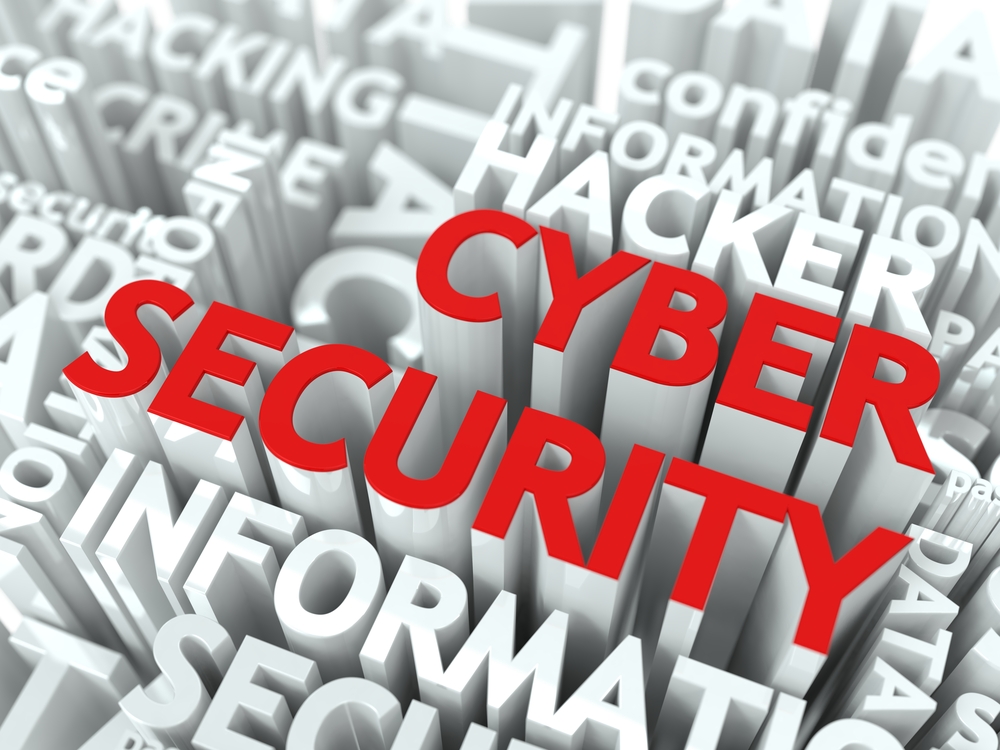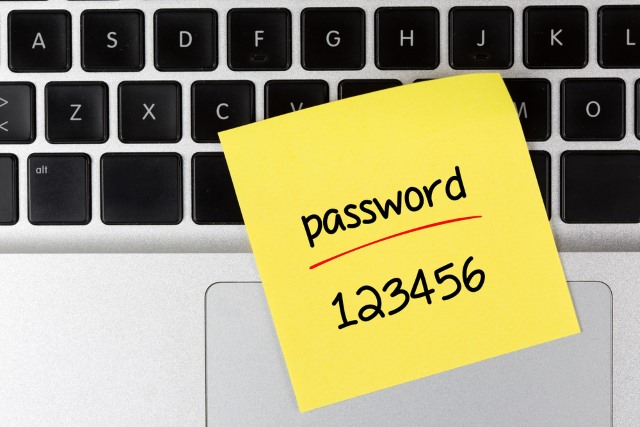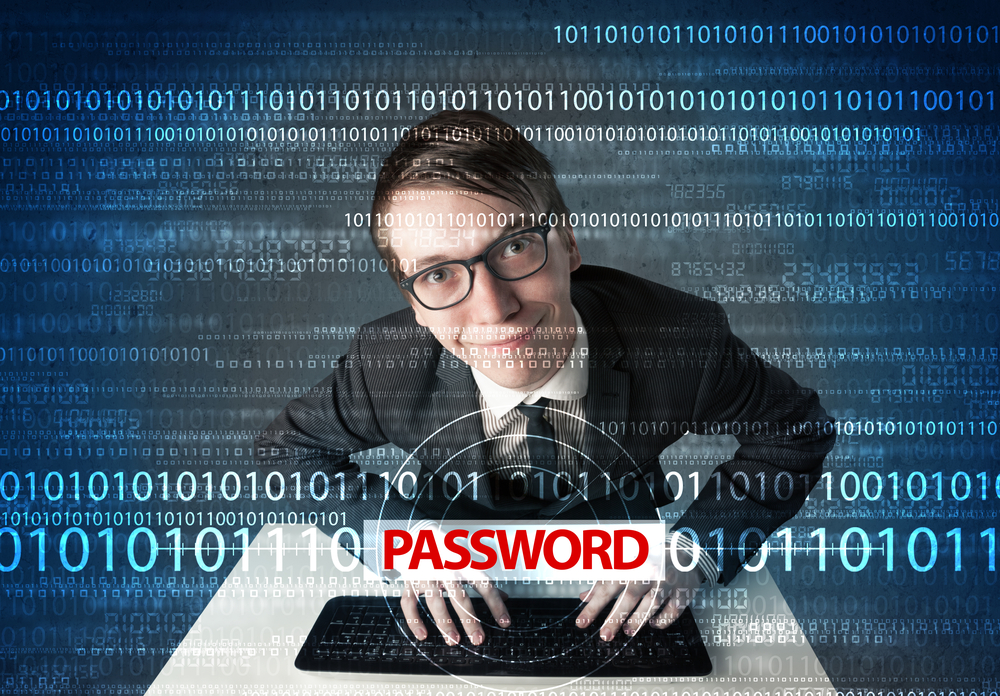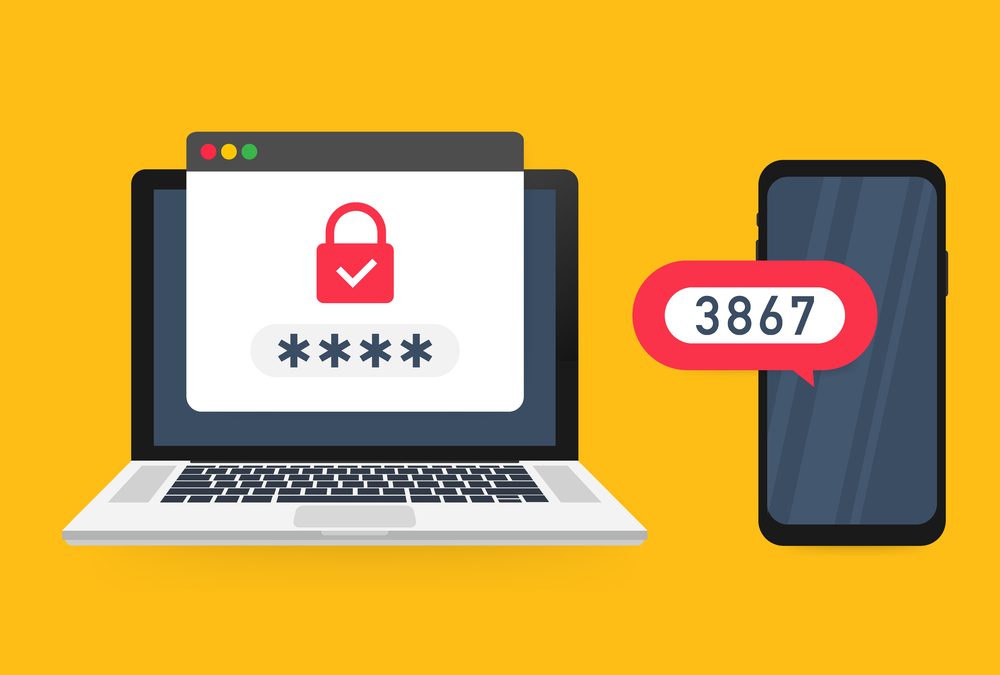The ability for online banking has made our lives simpler. We can bank from the comfort of our homes, or anywhere in the world without having to go to a physical branch. Cryptocurrency has also brought investors a new revenue stream that keeps on growing. While all this is great, there is a risk involved when it comes to using financial information on the internet.






.jpg)




